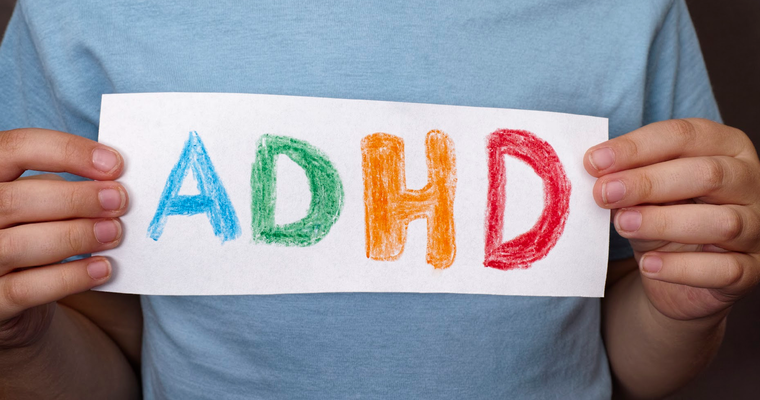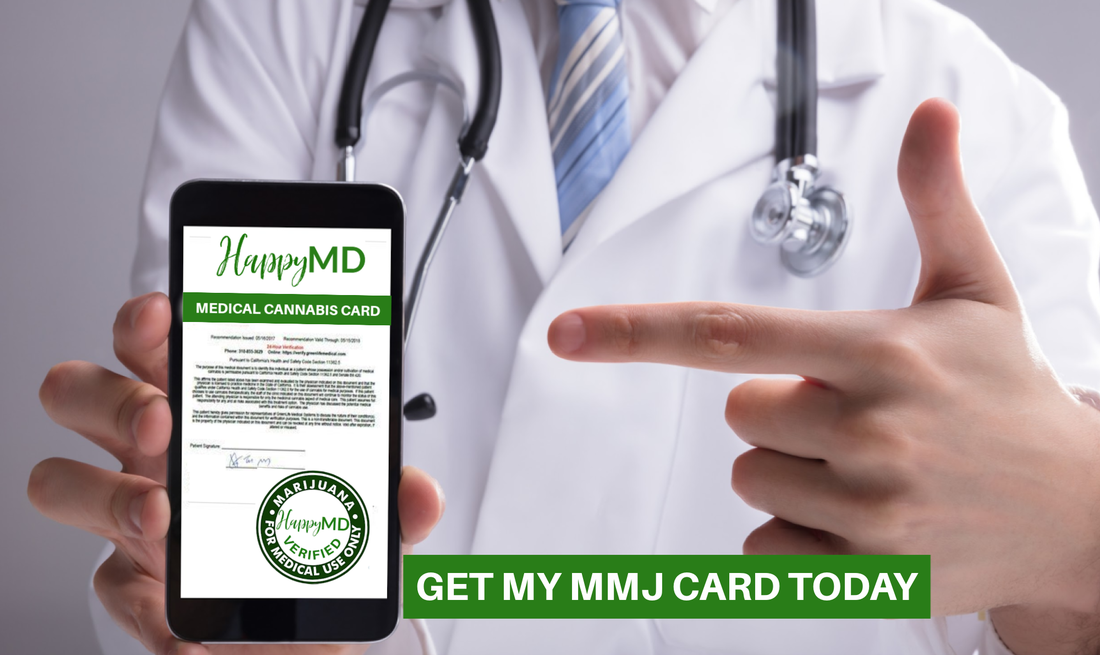
Attention Deficit Hyperactivity Disorder is the most common childhood and adult mental disorder. According to a survey carried out by the CDC in 2016, more than 6.1 million children have ADD/ADHD. This number includes 388,000 children aged 2 to 5 years, 4 million children aged 6 to 11 years, and 3 million children aged 12 to 17.
The CDC experts also noted that boys are more likely to have the disorder than girls at 12.9% compared to 5.6%. Besides children, ADD also affects adults. Research shows that ADD/ADHD affects 12.9% of men compared to 4.9% of women. This accounts for about 4% of American adults aged 18 years and older.
The good news is, a growing body of research shows that medical cannabis can offer relief. To be considered for medical marijuana treatment, you need a medical card. Want to know how to get a California medical marijuana card?
In this post, we’ll discuss what ADD/ADHD is, the symptoms, causes, and if the disorder qualifies for medical marijuana treatment.
Does ADD/ADHD Qualify You for Medical Marijuana in California?
California is one of the 33 states, including Washington D.C, that legalized marijuana after the passing of Prop 215 in 1996. In 2019, California’s state also passed Senate Bill 420, which delisted marijuana as an illegal substance.
Thanks to these laws, people can now walk into a local dispensary and buy marijuana for medicinal and recreational use. Besides buying, possessing, and growing cannabis, these laws also protect you from prosecution.
So, does ADD/ADHD qualify for medical cannabis? Yes, ADHD qualifies for medical cannabis treatment under Prop 215.
GET YOUR MEDICAL MARIJUANA CARD FOR ADD/ADHD TODAY
What is ADD/ADHD?
Attention deficit hyperactivity disorder is a health condition that can cause hyperactive behaviors. As one of the most common mental health disorders that affect children and adults, people with ADD have trouble concentrating. This is true, especially when given tasks to complete.
Besides having trouble focusing, people with ADHD also find it hard to sit still for long periods and are easily distracted. ADD is often identified in school-going children aged 7 to 12 years and older. Basically, when a child has a problem with schoolwork or disruption in the classroom, that is a sign of ADD.
Because children with ADD are unable to concentrate in class, they often interrupt other children in the class. You need to know that people with ADHD are sensitive to sensory stimuli, such as:
·
Visual cues
·
Noise
·
Touch
They quickly get overstimulated, leading to changes in behavior. In fact, they may get aggressive.
What is the Root Cause of ADD/ADHD?
Experts identified that biological causes are at the root of ADD. Specifically, chemical imbalances in the brain are responsible for the mental health disorder. In the brain, we have neurotransmitters such as:
·
Dopamine
·
Acetylcholine
·
GABA
·
Histamine
·
Glutamate
·
Serotonin
·
Norepinephrine
Neurotransmitters are chemical messengers. They transmit messages between the brain and the nervous system. They are often released from the synaptic vesicles where receptors of the target cell receive them.
Studies show that certain neurotransmitters lack in people with ADD. These studies have also revealed that genetics could be responsible for ADD in children. Besides genetics, brain damage or injury may occur during pregnancy altering its function.
For example, if a pregnant mother exposes the baby to radiation, alcohol, and cigarette smoke, it could lead to this condition. After birth, infectious diseases that cause damage to brain tissue may also cause ADD. Examples include encephalitis or meningitis.
Other causes include:
·
Premature delivery
·
Low birth weight
·
Exposure to the environment like lead poisoning
You need to know that sugar and food additives do not cause ADHD.
What are the Symptoms of ADHD?
Experts identified that symptoms of ADD fall into two categories:
·
Hyperactivity
·
Inattention
These two factors interfere with the functioning of a child. They interfere with his or her school work, social life, and home. As such, it’s common to learn symptoms of ADD from caregivers, teachers, or even parents.
Here are the common hyperactivity symptoms of ADHD.
·
Having trouble remaining seated
·
Often climbing or running when feeling restless
·
Often squirming or fidgeting
·
Often acting as if “driven by an electric motor”
·
Having difficulty playing quietly
·
Having the habit of talking excessively
·
Often interrupting
·
Having difficult waiting their turn
Here are the common inattentive symptoms of ADD.
·
Having difficulty sustaining concentration
·
Having trouble following instructions
·
Making careless mistakes
·
Having trouble not listening when spoken to
·
Having trouble organizing tasks
·
Having a habit of losing things
·
Disliking tasks that require sustained attention
·
Forgetfulness
·
Being easily distracted
Can ADHD Go Away?
ADD cannot disappear just because the symptoms have started to become less obvious. The disorder’s effects on the brain last long. Some people with milder symptoms of ADD as children may improve their coping skills as adults. In fact, they can address their symptoms such that ADD no longer interferes with their daily activities.
You need to know that medical cannabis can offer relief for people with ADD.
Does Cannabis Work for ADD/ADHD?
Scientists have carried out multiple studies with promising results. In a recent study, researchers sought to find out if cannabinoid doses affect adult ADHD status. The study involved 59 patients, each licensed for medical cannabis treatment. Each patient reported a diagnosis of ADD by a physician.
The patients received varying doses every month - high and low - ranging from 20 g to 70 g. At the end of the study, researchers concluded that patients who consumed high levels of cannabinoids stopped using ADHD medications.
In another study, researchers carried out investigations to know if cannabis improves ADHD symptoms. The study involved a 28-year-old male who displayed improper behavior. He also appeared inattentive and maladjusted. Even when sober, he seemed completely inconspicuous.
The male subject had a record of several traffic laws violations, including speeding and running a red traffic light. Seven years ago, the male subject was diagnosed with ADD. The researchers administered several doses of cannabis.
They discovered that cannabis had a positive impact on the subject’s performance, mental state, and behavior.
How to Get a Medical Marijuana Card for ADD/ADHD in California
You can get your California medical marijuana card online today at HappyMD. In fact, you can do it in three simple steps. Visit OneLoveMD.org and fill in the e-registration form. Submit the form for review.
One of our doctors, experienced in cannabinoid medicine, will review your application. If your medical condition qualifies, you’ll receive a video-chat invite. This marks the start of your evaluation.
During your evaluation, our doctor will ask you a couple of questions. This is to find out more about your condition and medical history. If you qualify for medical cannabis treatment, you’ll receive pdf copies of your medical marijuana card and recommendation.
With both documents, you can visit any local dispensary in California and buy marijuana. Hard copies of both documents are mailed to your address on the same day.
Apply for your medical marijuana card online today!



.png)